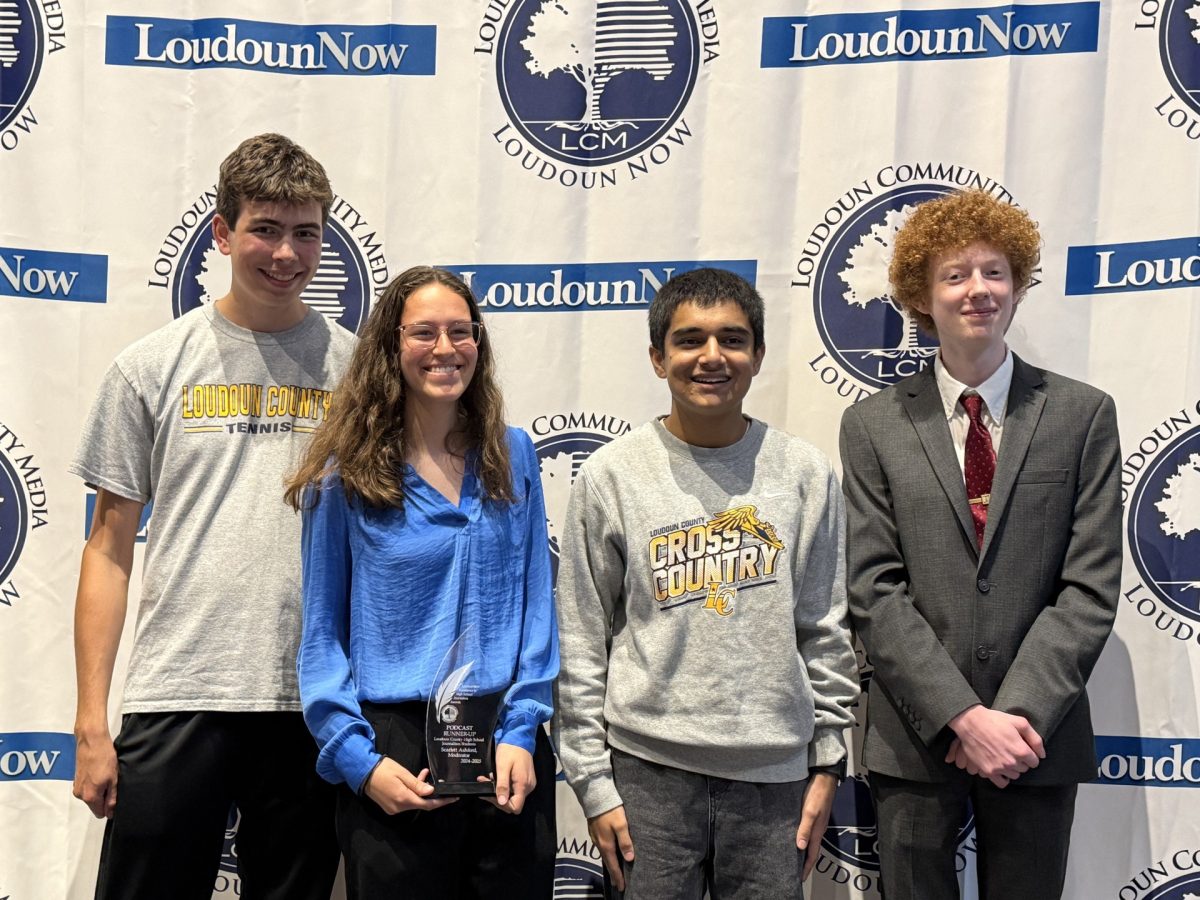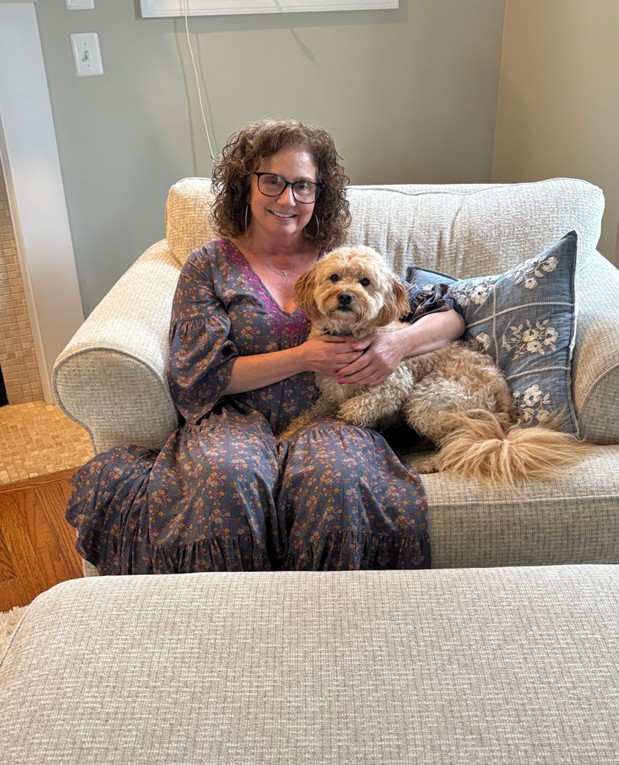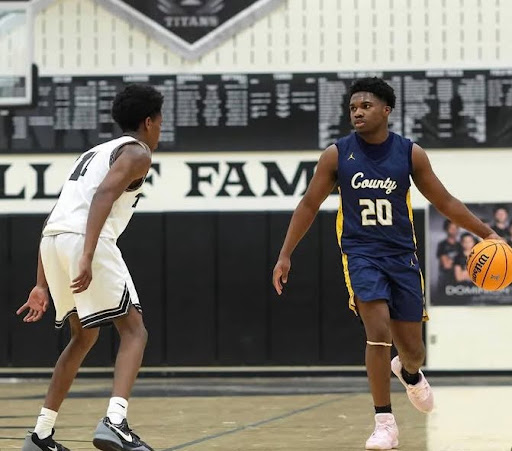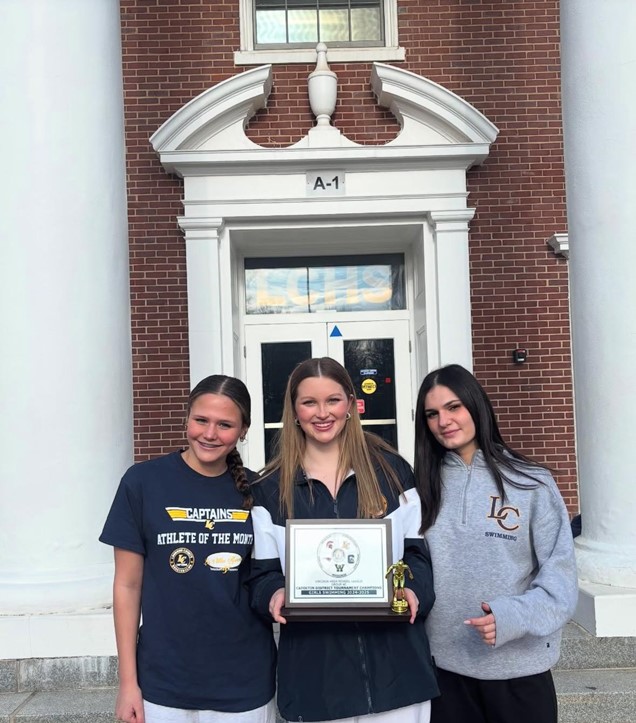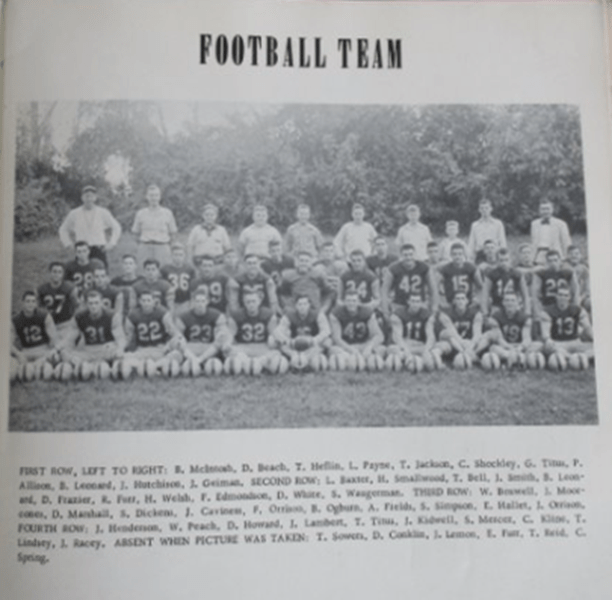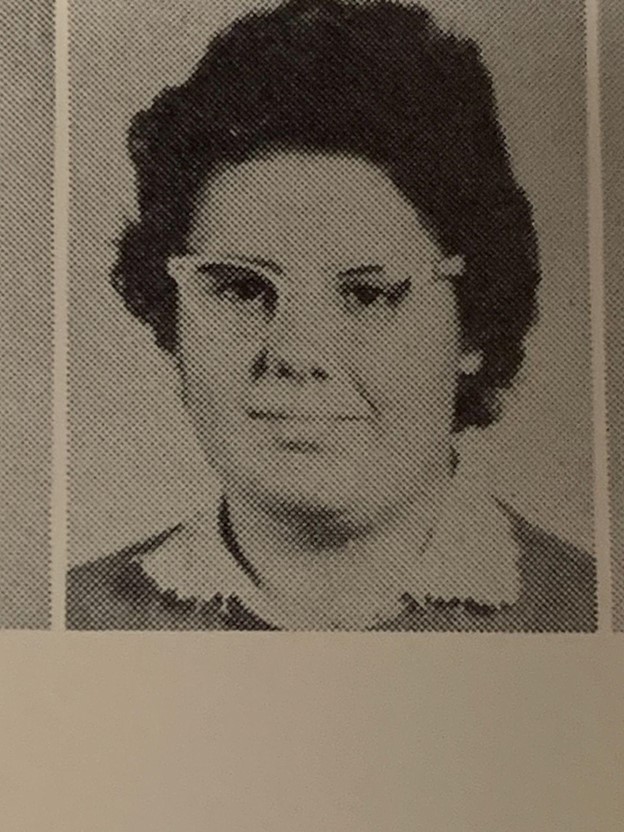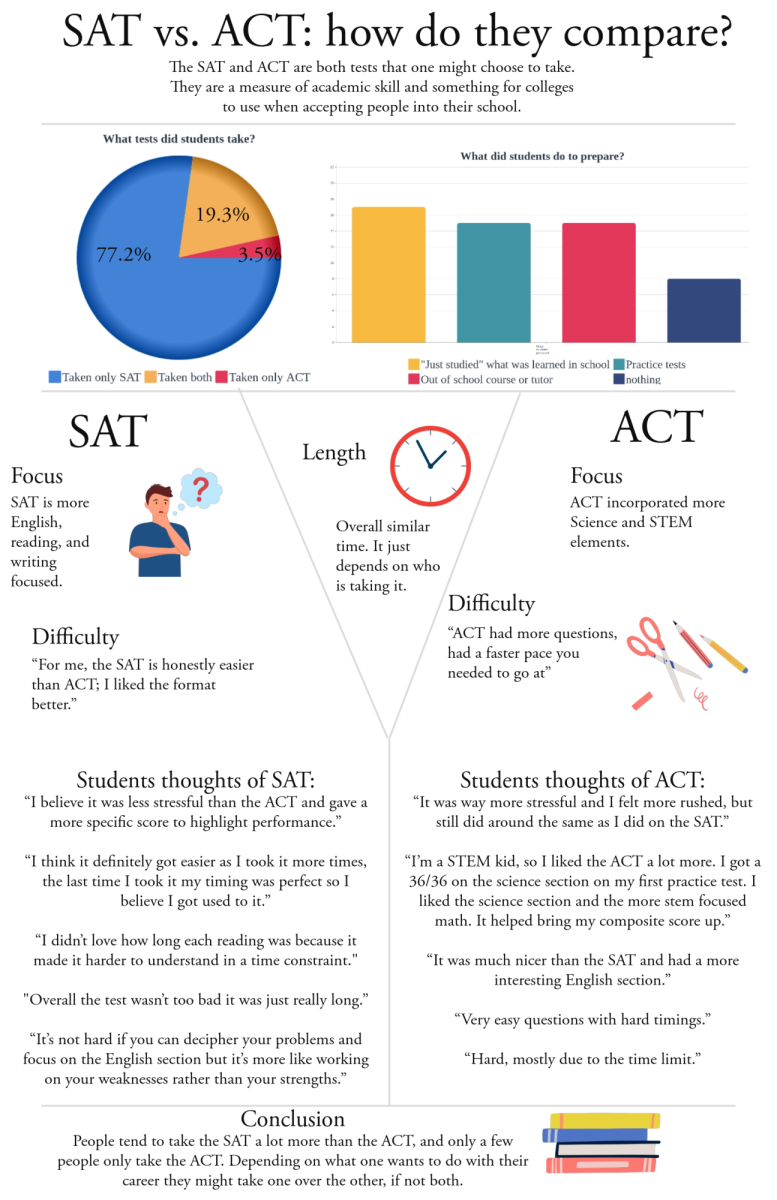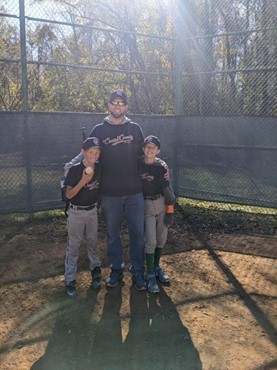New beginnings: Q&A with English Language Learners
Imagine walking to school and being worried about whether the color of your shirt might be mistaken for membership in a gang.
Living in Leesburg, we don’t usually question our safety when we leave the house, but for some Loudoun County students, this was not always the case.
Our English Language Learners (ELL) program currently helps 125 students learn to write, speak, listen, and read in English. The ELL students have all had unique experiences on their journeys coming to the United States and living here without knowing English. Recalling life in their home country versus life here, several students mentioned fear of leaving the house at night due to gang violence and having to worry about what to wear. They praise the educational opportunities found in Leesburg and better-paying jobs in the United States, but they generally miss the family, food, and culture of the homes they left behind.
The ELL program has been in the United States since 1970, and continues to help students around the country.
ELL teacher Marina Mowery has been teaching for 29 years and teaching ELL classes for 10 years. When students first come to the United States they are in sheltered classes, where they learn the language in order to be successful in their regular core classes.
“The students are all very hardworking and very thankful for their education,” Mowery said. Most come from countries where the education system is very different from schools in the United States. “Some of the places they come from, they have to pay for their education, so when it is free in the US, they are very thankful and work hard to access the curriculum.”
Some students are escaping dangerous situations, such as the threat of gang violence, while others are seeking more opportunities. Unfortunately, a lot of time they are leaving their families and coming by themselves.
At Loudoun County High School, students have been in the country anywhere from one week to three years, so the challenge is that everything is brand new. When they arrive here, the vast majority of students are by themselves. “A student might arrive here, and their mom came here when they were two, and the student is now 16 or 17, so they don’t really know their mom. They come here and live with their mom for the basically the first time,” Mowery said.
ELL students have a new home, language, clothing, and food, in addition to a new school. “It’s not one thing that you can pinpoint that is a challenge, it’s everything,” said Mowery.
In one instance, a student expressed regret for not being back home when his grandfather passed away. Another expressed concern that something might happen to her own child on the way to the United States.
The Loudoun Raider sent out an optional survey to members of the ELL program to share the challenges and benefits of being a student new to Leesburg, to the United States, and to English.
TLR: What country do you come from, and how long have you been here in Loudoun County?
Elisandio Isaias: “I’m from El Salvador and I have been in Loudoun County for four months.”
Lisbeth: “I am from Dominican Republic and have been in Leesburg for three months.”
Olmer: “I’m from El Salvador and have been here almost two years.”
Anonymous: “I am from Peru and have lived in the United States for 10 months.”
Anonymous: “I’m from Columbia and I have been in Loudoun County for eight months.”
Anonymous: “I’m from Honduras and have lived in Loudoun County for four months.”
TLR: What aspect of learning English is the most difficult?
Gerson Castro: “Speaking is the most difficult thing about learning English.”
Luis Alfredo: “The pronunciation is the most difficult thing about learning English.”
Anonymous: “The most difficult part of English is reading.”
Yonis Perez: “People talk very fast which makes learning English difficult.”
TLR: What have been some challenges living here?
Olmer: “American traditions have been challenging. For example, Halloween is hard because it has a different meaning in America than my home country.”
Yonis Perez: “One challenge is the cold weather.”
Anonymous: “A challenge has been the language and leaving my family.”
Anonymous: “A challenge has been being away from my mom.”
TLR: What’s been the most helpful part of high school?
Yonis Perez: “The teachers helping me has been the most helpful.”
Anonymous: “Working to get a diploma has been helpful.”
Anonymous: “The most helpful part of high school is learning English.”
TLR: What do you miss the most about your home country?
Anonymous: “Food is what I miss the most.”
Juan Rivas: “I miss my parents and friends.”
Anonymous: “I miss my grandmother.”
Anonymous: “I miss the food and hot weather.”
Anonymous: “I miss my culture and my family.”
TLR: How are you adjusting to living in the United States?
Juan Rivas: “I come to school then I go to work.”
Wilson Triguros: “I have not yet adjusted, I’m still trying to.”
Yonis Perez: “I come to school, then go to work, and on my days off I play soccer.”
Olmer: “Learning the language and learning the traditions is hard.”
Joaquin Yanes: “I have adjusted well to the United States. It is beautiful.”
Lisbeth: “I feel more comfortable here.”
TLR: What surprised you the most when you moved here?
Yalisa: “The cold weather was surprising because it’s always warm where I’m from.”
Anonymous: “The snow surprised me the most.”
Lisbeth: “I was surprised that the food was not good.”
Anonymous: “I was surprised when I met my family in the United States because I hadn’t seen them in a long time.”
Anonymous: “Some people are surprising because they are not nice. When I speak, they laugh.”
Anonymous: “I was reunited with my mother after thinking I would never see her again.”
TLR: What challenges have you faced coming to the United States?
Olmer: “Everything is more expensive.”
Anonymous: “Learning English has been challenging.”
Anonymous: “A challenge for me has been the language.”
Anonymous: “A challenge has been meeting new people.”
Anonymous: “My biggest challenge was getting here. I had to walk, ride a bus, ride a boat, and ride on the back of a truck.”
TLR: Anything else you’d like to share about your journey?
Juan Rivas: “After coming here, I’ve seen some beautiful places.”
Anonymous: “Everything is different here compared to my country.”
Anonymous: “My journey to the US has been a good one, and I’m happy to be in this country.”
Your donation will support the student journalists of Loudoun County High School. Your contribution will allow us to purchase equipment and continue to print our issues for the students at our school.



